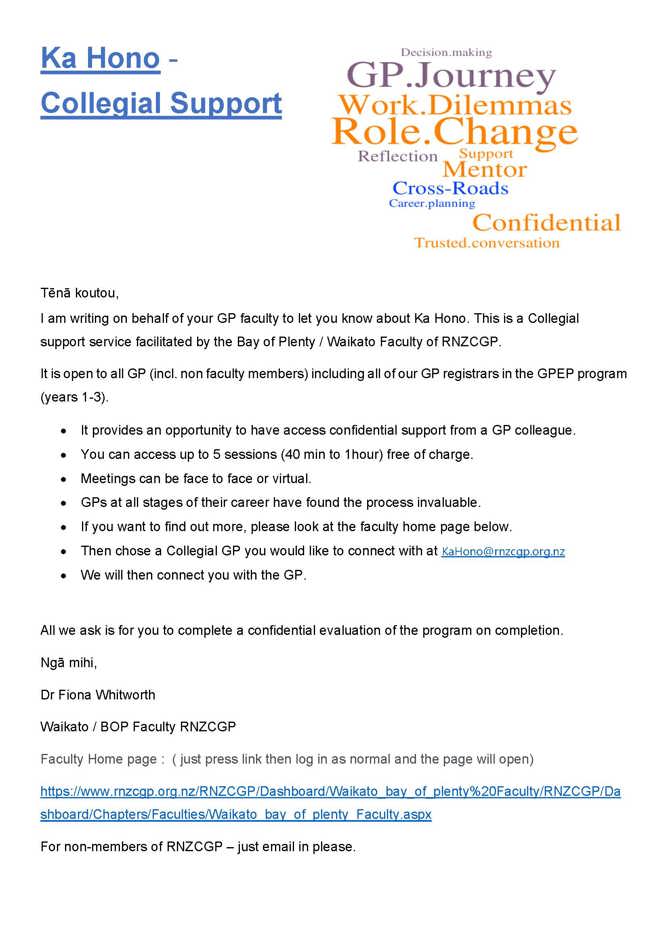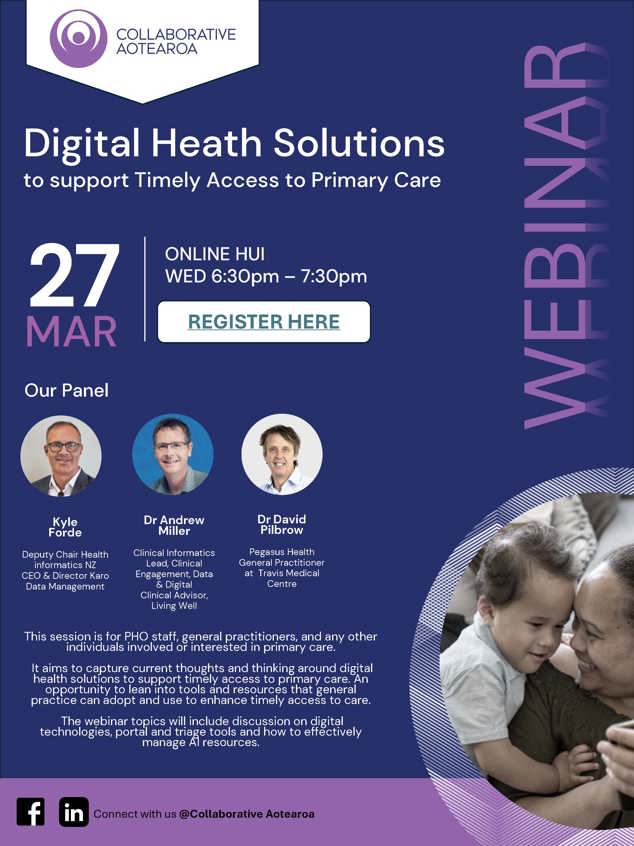Clinical Matters March 2024 25 Mar 2024
In this issue...
Patients presenting with dangerously high lead blood levels
The National Poisons Centre (NPC) and Health New Zealand – Te Whatu Ora is alerting healthcare practitioners to multiple recent cases of severe lead toxicity associated with the use of some Ayurvedic (traditional Indian medicine) products.
At least eight cases have occurred in different North Island locations (primarily Auckland and Bay of Plenty) over the past three months and have been reported to Medical Officers of Health. To date, most of the patients have been adult males of Indian origin who report taking an Ayurvedic product.
In light of these cases, we are encouraging practitioners to be on the look-out for patients who may present with acute lead toxicity. Unfortunately, symptoms are non-specific and patients may present with a variety of gastrointestinal, neurologic, and constitutional complaints. In severe cases, acute lead toxicity can cause seizures, encephalopathy, and death.
In the current cluster, several patients have presented with complaints of abdominal pain with nausea/vomiting or constipation, sometimes with multiple presentations over weeks to months.
The usual initial investigations for these complaints, including imaging and endoscopy, were not revealing a cause for their symptoms. Some of these patients also presented with new onset aenemia with basophilic stippling prompting testing for lead. The presence of basophilic stippling should prompt consideration of lead exposure, however, importantly, the absence of basophilic stippling does not rule out lead exposure.
Therefore, if you encounter a patient of Indian ethnicity with colicky abdominal symptoms without an apparent cause, especially if recurrent or associated with a new aenemia, please screen for exposure by specifically asking about Ayurvedic product use.
Note that sensitivity is required when screening for exposures. Cultural differences, concerns of disapproval from medical providers, or other reasons may contribute to a patient’s reluctance to disclose use of traditional remedies, including Ayurvedic products.
If there is a positive exposure history, then sending a whole blood lead test would be warranted. However, it is important to follow-up as test results will normally take several days.
The National Poisons Centre is available 24/7 to provide advice for any cases of known or suspected lead toxicity, and clinical toxicologists can be contacted via the service by calling 0800 764 766.
Investigations of lead poisoning cases are led by Medical Officers of Health and local public health teams, working in conjunction with Medsafe and other agencies as required. Notifications to the local Medical Officer of Health are required for blood lead level equal or greater then 0.24 µmol/L, who will investigate exposure pathways and test items that may have contributed to the elevated BLL.
If clinicians consider traditional medicine products are involved in cases of suspected lead toxicity, and have obtained samples from the patient, it would be helpful to gather information about how an individual case obtained the product, such as where the patient obtained the product (locally, or from overseas), the name of product if known, when it was obtained, any product labelling details, patient blood results, and whether any other testing of the product has occurred. Please retain the sample for testing and then contact Medsafe at medclearance@health.govt.nz for advice and instructions about forwarding it on.
More information about lead can be found here.
Distributed by Jonathan Tudor, on behalf of Outbreak Communications, Te Whatu Ora.
Survey on the use of Nabla and other AI clinical notes tools in primary care
We invite you to participate in a short survey about the use of AI clinical notes tools in primary care.
Use of tools such as Nabla Co-pilot have increased rapidly in Aotearoa NZ in the last few months; but little is known about how and why GPs are using these tools. It is essential that the research team and the RNZCGP understand your perspective on the potential benefits and risks of AI clinical notes tools. A summary of the research results will be provided to various governance groups to inform policy on the use of AI tools in clinical practice.
The survey is anonymous and will take about 10 minutes. Even if you haven’t used these AI tools, we would still love to hear from you – it should take about 2 minutes. Thank you! Dr Angela Ballantyne (on behalf of researchers at the Dept. Primary Health Care & General Practice, University of Otago).
You can access the survey here: https://otago.au1.qualtrics.com/jfe/form/SV_6QAo2mruVpXghrU
Dr Angela Ballantyne | Associate Professor |she, hers
Te Tari Hauora Matamua me te Matauranga Rata Whanau | Dept. Primary Health Care & General Practice
Te Whare Wananga o Otago ki Poneke | University of Otago, Wellington
Free Pipelle training and GPwER wāhine/women's health peer group
If you are a GP with an Extended Role in wāhine/women's health, the Community Wāhine/Women+ Health Clinic (CWHC) is offering local GPs access to free training to perform endometrial sampling for their communities. The practical training session will take place at the CWHC home base in Te Puke and last between 3-4 hours, with time to perform sampling on 2-4 clients. If you are interested in accessing this free training opportunity, send through an expression of interest to the team by email - clinic@inospire.co.nz. The team will coordinate with you directly to find a suitable date/time to complete the training. It is anticipated that further training will be available covering a range of procedures, such as ring pessaries, polyps, and stringless removals. Trainees will be required to be competent in inserting IUDs and will need to complete the free Goodfellow training module in advance (Abnormal Uterine Bleeding / Pipelle sampling).
The CWHC provides a 'one stop' model of care for wāhine/women+ to community-based health services, significantly reducing access barriers, in particular for wāhine Māori, Pacific women, and people that have been declined gynaecology services. Delivered in partnership with hospital Gynaecology Services, and five Kaupapa Māori and Pacific providers across the BOP, the CWHC includes an interdisciplinary team (GPwER, sexual and reproductive health doctor, specialist nurse, and pelvic physiotherapists) that deliver individualised, whānau-centred care. Since May 2022, the CWHC has been delivering a wide range of services, including diagnosis, treatment, procedures and follow up care, for more than 700+ wāhine/women+ across the BOP.
If you have a specialist interest in wāhine/women's health, get in touch with the team by email to join a new peer group for GPs to share practice, clinical findings, and connect practitioners across the BOP.
Ka Hono - Collegial Support
Click here for the faculty home page link:
https://www.rnzcgp.org.nz/RNZCGP/Dashboard/Waikato_bay_of_plenty%20Faculty/RNZCGP/Dashboard/Chapters/Faculties/Waikato_bay_of_plenty_Faculty.aspx

Webinar 27th March - Digital Health Solutions to support Timely Access to Primary Care
Click here to register - https://forms.office.com/r/Aiw0TQab3r

Pending BOP Laboratory Strike Action
We have been advised that Pathlab Bay of Plenty staff union members will be striking from 6.00am Tuesday 2nd April to 5.59am Wednesday 3rd April.
We are currently working through what facilities and testing we will be able to offer over that 24 hour period. We will have a firm plan regarding our collection facilities open / close status by early next week and will relay this to you at that time.
We will be asking that you triage your urgent patients / testing. We can assure that these requests will be collected and processed. We will also run a reduced courier service providing pickup to all our centres.
Regards,
Keith Walmsley

Customer Liaison / IS Helpdesk | p +64 7 578 7073 extn 6616
Back to latest